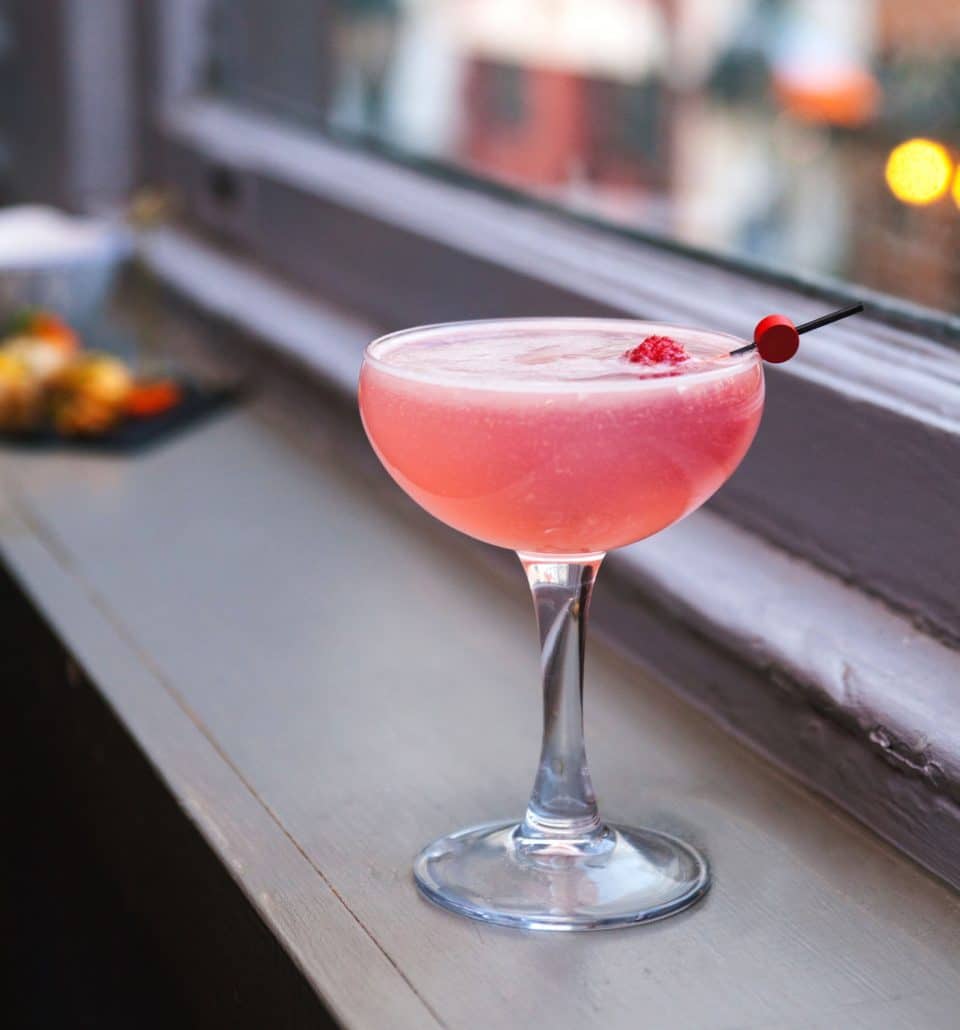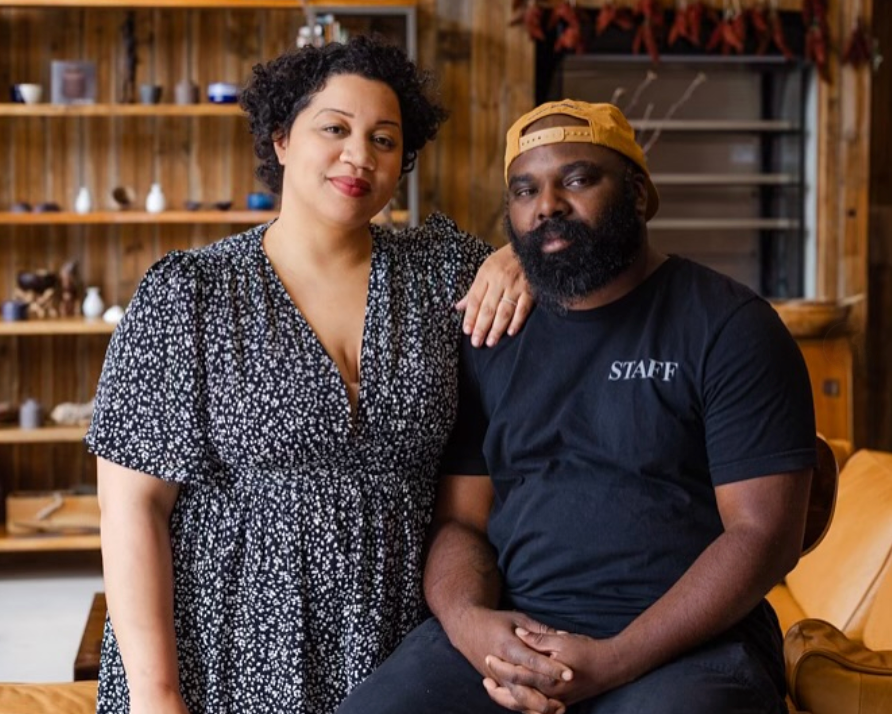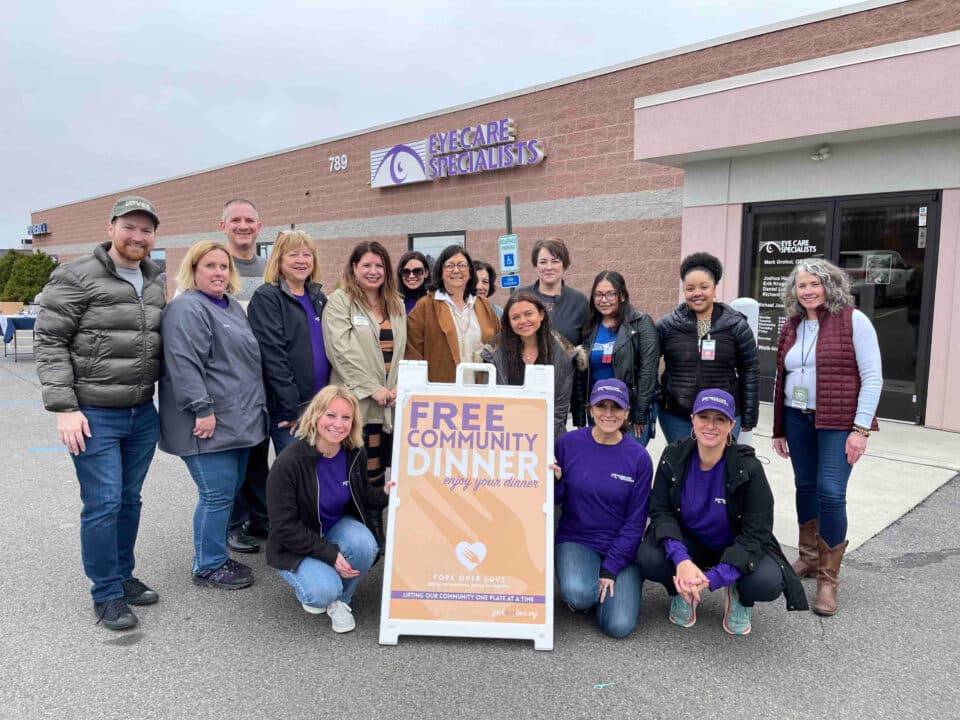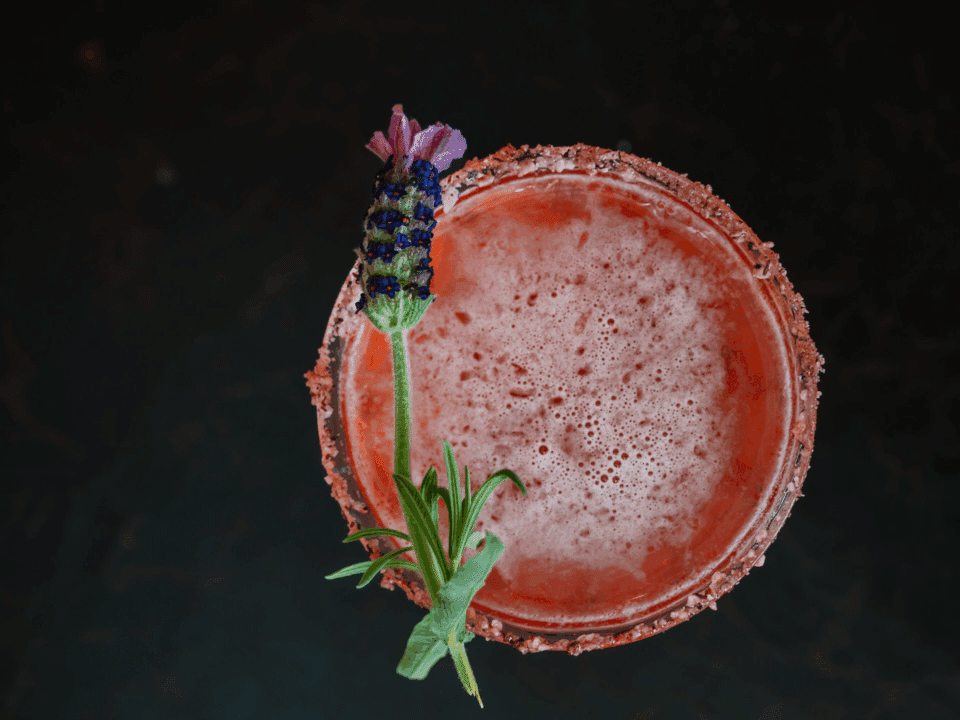A lot of industries have suffered because of the COVID-19 pandemic that continues to rage across the world over a year after it was discovered. But, perhaps no sector has been as universally upended as the hospitality industry. Bars and restaurants in particular — which are specifically designed as places to gather and spend time with others — have taken an immeasurable hit.
While it seems like the general public understands that things are “tough” or “tricky” for these businesses right now, especially independently owned ones, we wanted to get a better sense of what that actually means. What does the day-to-day struggle actually look, and feel, like for local restaurant owners and their staff? What would be the most helpful for them, from customers and from the government, in their fight for survival?
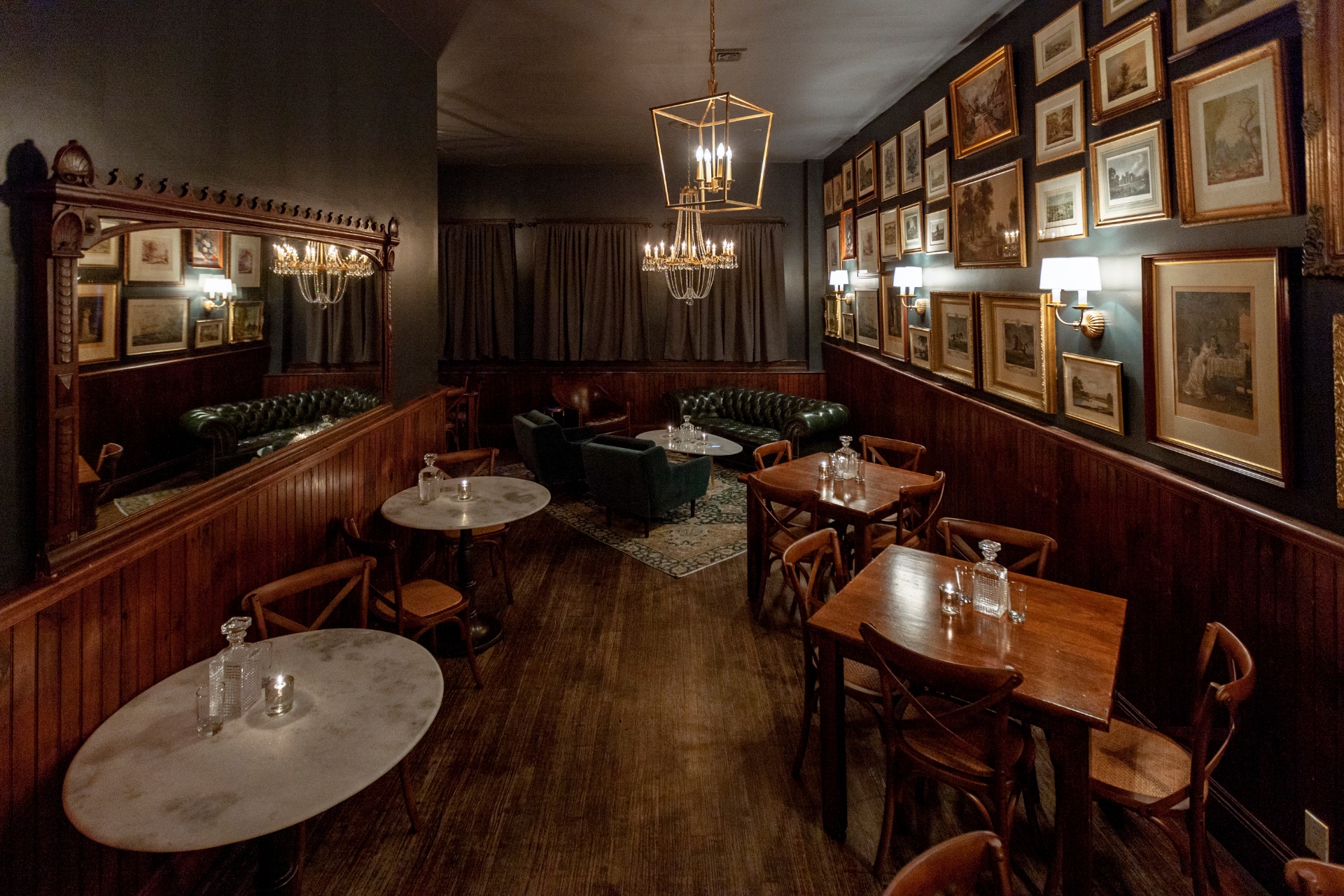
Conway Social Club in Lancaster, PA
We sat down to speak with the three owners of independent PA restaurants, who each gave us the honest, ugly, and sometimes inspiring truth about what they’re up against right now. At the time of our interviews, two of the three had also recently made the decision to temporarily close or “hibernate” their businesses for the winter, hoping for a brighter, safer future in the spring of 2021.
Here they are, in their own words, on what it means to run a restaurant during COVID:
Erin Wallace, owner of Devil’s Den, a craft beer-focused gastropub in South Philadelphia
“I still enjoy it, it’s what I’m good at, but it’s a different job, trying to pivot every week, and every other week we’re getting new rules. And on top of it, you don’t know what the weather will do, or if the city will shut us down.”
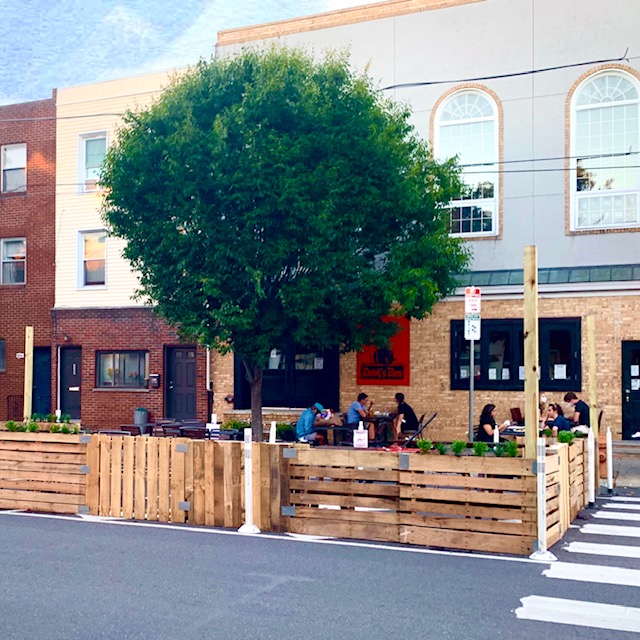
On outdoor dining and the weather:
We had a nice outdoor dining area, we were lucky. We could build out over some parking spots for seating, and we were doing well when the weather was good. But it was completely weather-dependent. Even if it rains people aren’t coming out, so it was really about making the decision about losing the least amount of money. Then, when it got cold, we invested in heaters, all different types, but then you have to add on the costs of propane. And by the time you run someone’s food out from the kitchen, their fries are cold. The staff is running inside and outside, wearing all these layers, the fingerless gloves, the mask, the face shield. I was like, everyone’s gonna start getting sick, and then you’re playing is it a cold or is it COVID? We’re such a small staff, if one of us is sick, all of us are out.
On trying to boost takeout business:
We were never really a takeout place. We were a place people came to eat inside. We signed up with these third-party apps, like Doordash and Caviar, but the sales just weren’t there, and after they took their cut, and after you add the cost of takeout containers on top, it couldn’t pay the bills.
On deciding to “hibernate” Devil’s Den until spring:
It’s about sitting down and weighing out the costs. When you’re open, yes you’re bringing in sales, but you have your staff, electricity goes up. If I’m closed, I can run one fridge as opposed to six when we’re open, and we’re not running the dishwashers, so the water bill goes down, the AC and heating bills go down. For us, it’s about how to conserve what money we have left to be able to reopen when we can actually have customers in. The business isn’t what it used to be, it’s so draining. I still enjoy it, it’s what I’m good it, but it’s a different job, trying to pivot every week, and every other week we’re getting new rules. And on top of it, you don’t know what the weather will do or if the city will shut us down.
On loans and government assistance:
I got a few little grants, but I didn’t get a PPP loan. At the time [in early COVID] it was so confusing, all the rules were changing every day. I was able to get a small business loan, but that’s not forgivable, it has to be paid back. We’ve been very sparing with it.
On involving her staff in decision-making:
I brought back most of my full-time employees and I was paying them more hourly, but it’s not like everyone has great insurance, [working] is a huge risk. We’d sit down and make decisions together. What rules would help them feel more comfortable waiting on people? But it got to the point where it was always someone’s significant other getting exposed and then we’re all getting tested. I’ve watched some of my friends with breweries, they’ve been closed three times already because of staff getting COVID.
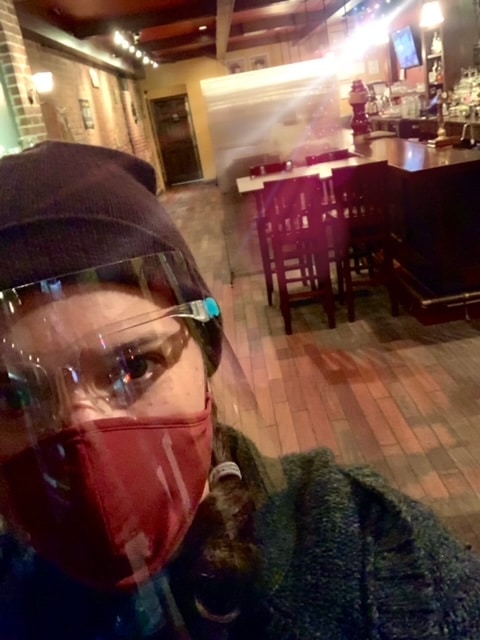
Besides monetary costs, what are the costs to us, mentally and physically? The staff was getting tired and worn out, ones that used to work five days a week only wanted three shifts. Mentally, it was all they could deal with. Hibernating will give us a chance to conserve money, but also restore ourselves so that, come March, we can do the outdoor dining. We’re coming back refreshed and ready, as opposed to burnt-out and done.
On being honest:
The customers at Friday happy hour would be like, “Yay, you’re thriving!” and I’d be like, “No, we’re not. This is two hours out of the whole week.” Everyone wants to hear that everything is great, but they need to know the reality. We’re not getting the help we need, and we are already working on thin margins. It’s the industry. We all love it, but the little ones of us that are independently owned … the way this is going, a lot of us are choosing to hibernate, but many of us aren’t going to open back up.
Find Devil’s Den at 148 S. 11th St. in Philadelphia; phone: (215) 339-0855. Keep an eye on its website and social media for info about fun pop-ups and beer sales through the winter.
Roger Li, owner of Umami, a late-night izakaya in Pittsburgh
“Every time a closedown happens, you don’t just jump back into it. You have to re-order the whole inventory to get the restaurant going again. It’s like opening a brand-new restaurant all over again.”
On the initial shock:
Like everybody else, we shut down for a week or two back in March. It was a big adjustment, because from January 2020 until the first shutdown, we were having the best first quarter we’d had in the past five years. At first, we did takeout only. That was a big adjustment, because usually our second rush starts at midnight and lasts until 2:00 in the morning. That’s part of our business plan, late night eats in Pittsburgh after 10 p.m. But that had to stop.
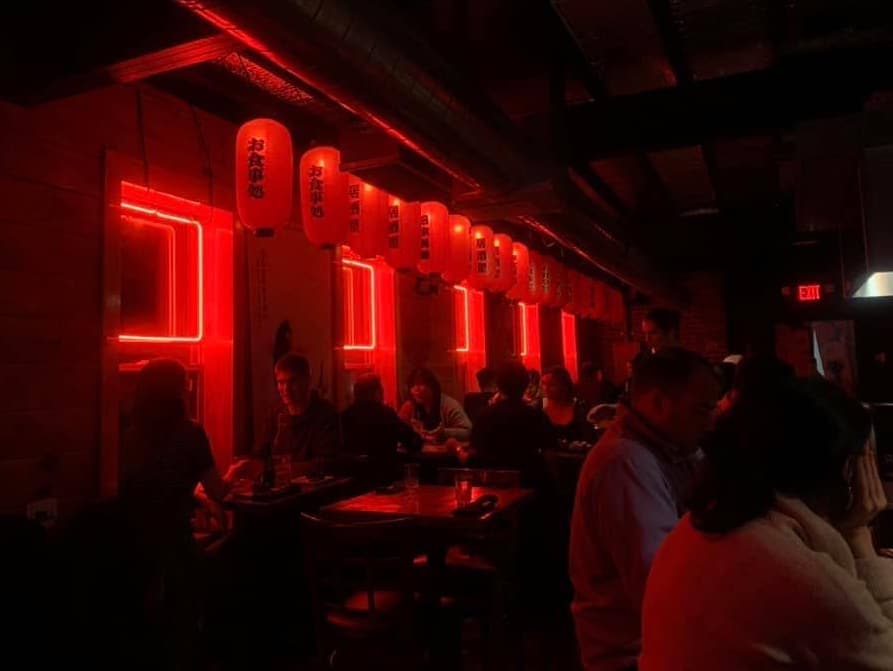
On pivoting to to-go food:
For our style of restaurant, our plating style is hard to do in to-go containers, while keeping the quality of the dish during traveling with third-party delivery services. We try to make it the best we can, as if the guests were here. Umami isn’t on street level, and we have no outdoor seating. We’re on the third floor, so people have to climb steps … that’s part of the problem of takeout. People would rather use the third-party apps, but that takes 30% off the bottom line.
On the rollercoaster of closing, opening, re-closing and re-opening:
By July, we opened back up indoors at 25%, but then shut it back down. I decided to shut down completely for at least three months. I didn’t want to put staff through another layoff. But, especially when I’m doing sushi, it’s hard to maintain. The product needs to be ordered, brought into the restaurant, processed and sold in two days or less. It was too hard to calculate what would happen next. The business would fluctuate so much, it didn’t make sense to go further.
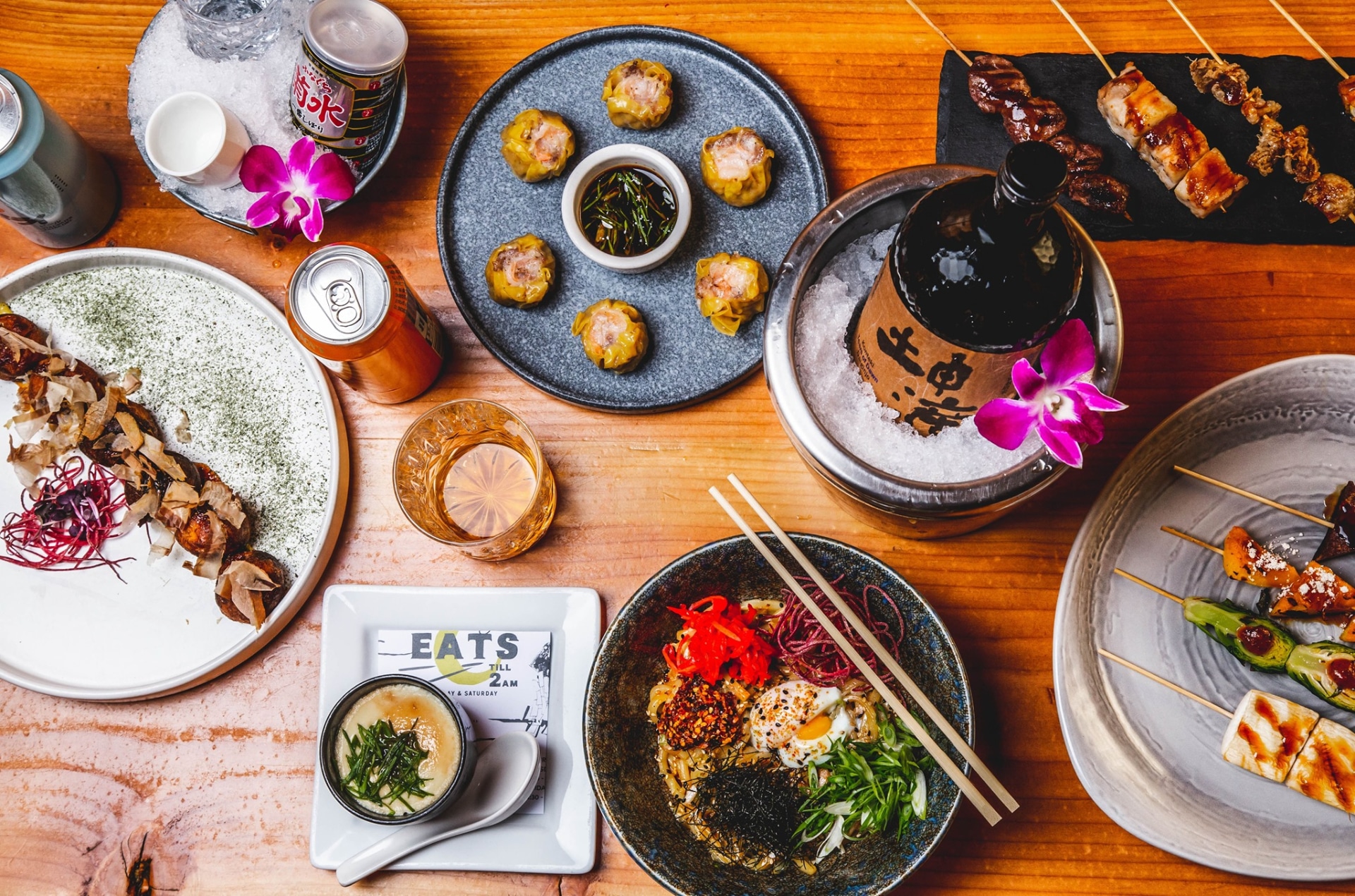
Then, we opened back up in mid-October at 50% indoor. When we re-opened, the momentum was building back up, but then we had to shut down for a week, because we had a staff member contacted by someone else with COVID. So everyone here got tested, but no one else got it. And when we reopened again, which was in the past month, we saw a big decrease in sales, even in takeout, after the suggested stay-home order. Right now, we’re going day-to-day, because I’m anticipating that they’ll shut down indoor dining for the rest of the year [ed. note: PA’s Governor Tom Wolf did indeed prohibit all indoor dining for the remainder of 2020 just days after this interview].
When I close, I have to lay everyone off and there’s a refrigerator full of food, what do I do? I save as much as possible. Every time a closedown happens, you don’t just jump back into it. You have to re-order the whole inventory to get the restaurant going again. It’s like opening a brand-new restaurant all over again, getting all your promotions, your social media, try to make people safe coming in.
On government assistance:
The PPP loan helped us pay for our staff, and that did help. But it ran down really quickly. There were talks about the second round, there were grants, but those ran out quickly. For small business owners, it’s so hard to maintain staffing. You’re putting your staff on the line, but at that same time, they’re not making the money for unemployment. I’d like to see more PPP, more grants for helping the staff, more free money. Because not all landlords are waiving rent, and at 50% capacity, and a 50/60% decrease in sales, it’s so hard to maintain. The profit margins, if you’re good, are 15/20%, Right now, I’m opening a restaurant just to employ staff.
On community support:
We are really fortunate to have such good followers and support. When people found out that Umami was reopening, they got excited and we saw a big increase in sales. People appreciated how we took all the precautions with reservations only, deep-cleaning, and how we take extra time between seatings to completely sanitize. We’ve also been doing virtual DJing, where one of our resident DJs takes over the playlist, but is DJing from home. You can see the tips, people are tipping a lot more than normally. They do support us, and they try to share what we do, like our posts and give us good reviews.
On the emotions around the possibility of closing permanently:
It’s so hard opening restaurants. It’s a combination of financials, luck and skill. Restaurant life is so short. Having one for over five years is a success. To see that taken away not just for yourself, but for your whole team, past or present, who helped you create this dream, not because you failed but because of a pandemic … it’s hard to swallow. If I put out bad food or service, I shut down, it’s my fault. But when people try their hardest and have basically done everything right and have to close anyway, that’s different.
Find Umami at 202 38th St. (above Round Corner Cantina) in Pittsburgh; (412) 224-2354. Follow along on Instagram for updates.
Joshua Funk, President/CEO of TFB Hospitality, a restaurant group with multiple spots in Lancaster/Lititz, including Per Diem, Annie Bailey’s Irish Public House and Conway Social Club
“My viewpoint on this whole year is there’s only so much you can control. You can jump up and down and scream or try to fight back, but at the end of the day, business is just operating within a set of parameters.”
On adapting to the ever-changing new realities:
What we’ve tried to do is understand and kind of retool, not necessarily pivot, but retool to operate given the set of restrictions and stimulus that we’re seeing. We spent money on a lot of PPE, physical dividers between tables, money on things in our outdoor areas that helped us prolong the seasons or mitigate the factors of Mother Nature. We spent a lot of time working on our business. We implemented Toast and handhelds, worked on service, getting people back and trained, and focused on the guest experience 100%, to make the guests feel safe and give them a little reprieve and sense of normalcy for an hour-and-a-half in a safe environment. That was our focus. We retooled and shrunk our menus to offer the things that people want and make sure those things were great. We’ve made strides over the last six or eight months. I think we’re a better business now than when we were pre-COVID.
On the decision to close for the winter:
We voluntarily chose to close, temporarily. We built six restaurants in seven years, and now given what’s going on, I’ve learned a little bit of restraint. You can’t go 1,000 miles-an-hour with your hair on fire all the time. That’s part of the reason we closed. We’ve built some cash reserves over the past eight months and we don’t want to endanger those reserves. Now, it’s about getting to the finish line.
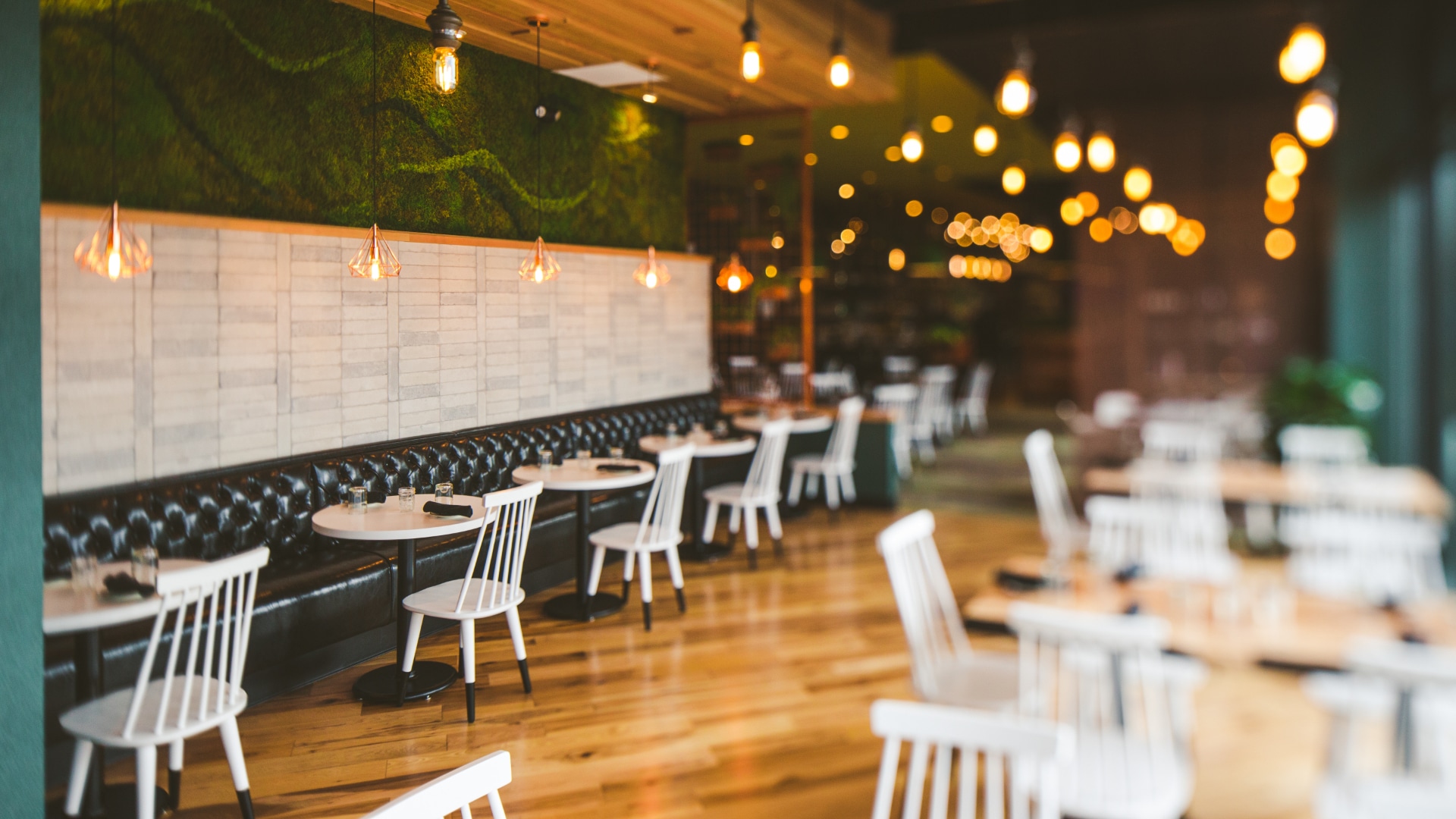
Per Diem in Lititz, PA
I did it for the safety of our employees and guests, but it was also a sound business decision. If you look at the first and second weeks of November, two of the three of our open businesses had their best weeks ever, post-COVID. Then, in the two weeks leading up to Thanksgiving, demand fell off a cliff. Just like, cases started to spike into the 200-300-400-a-day range. That’s when I knew that this was worse than March, and I knew that it wasn’t about what the governor was doing, people were generally afraid and the situation was precarious from the hospitalization perspective. That’s when I basically saw the writing on the wall and started to prepare all of my locations for my shutdown. My viewpoint on this whole year is there’s only so much you can control. You can jump up and down and scream or try to fight back, but at the end of the day, business is just operating within a set of parameters.
On what most people don’t understand about restaurant food:
What the general public doesn’t understand is that for that plate of wings to get to your table, it goes through so many hands. There is so much labor and work that goes into it. It’s not like throwing a burger on the grill at your house. That’s what gets lost. From the farmer or butcher, the delivery guys, the person that preps, cooks, serves, clears, washes the plate. That’s a lot of people that go into that one dish.
On the specific business challenges to restaurants:
Most restaurants are predicated on volume, that’s how they and most businesses makes money. If you went into any business and said, “You can only manufacture or sell 50% of what you did before,” most businesses would fold and close up almost immediately. I wish there was a better outcome. But unfortunately, this closure that’s about to happen is way more justified than it was in March. I don’t agree with people not wearing masks and congregating around a bar but … it sucks. It’s a bad situation and unfortunately our industry is taking the brunt of it.
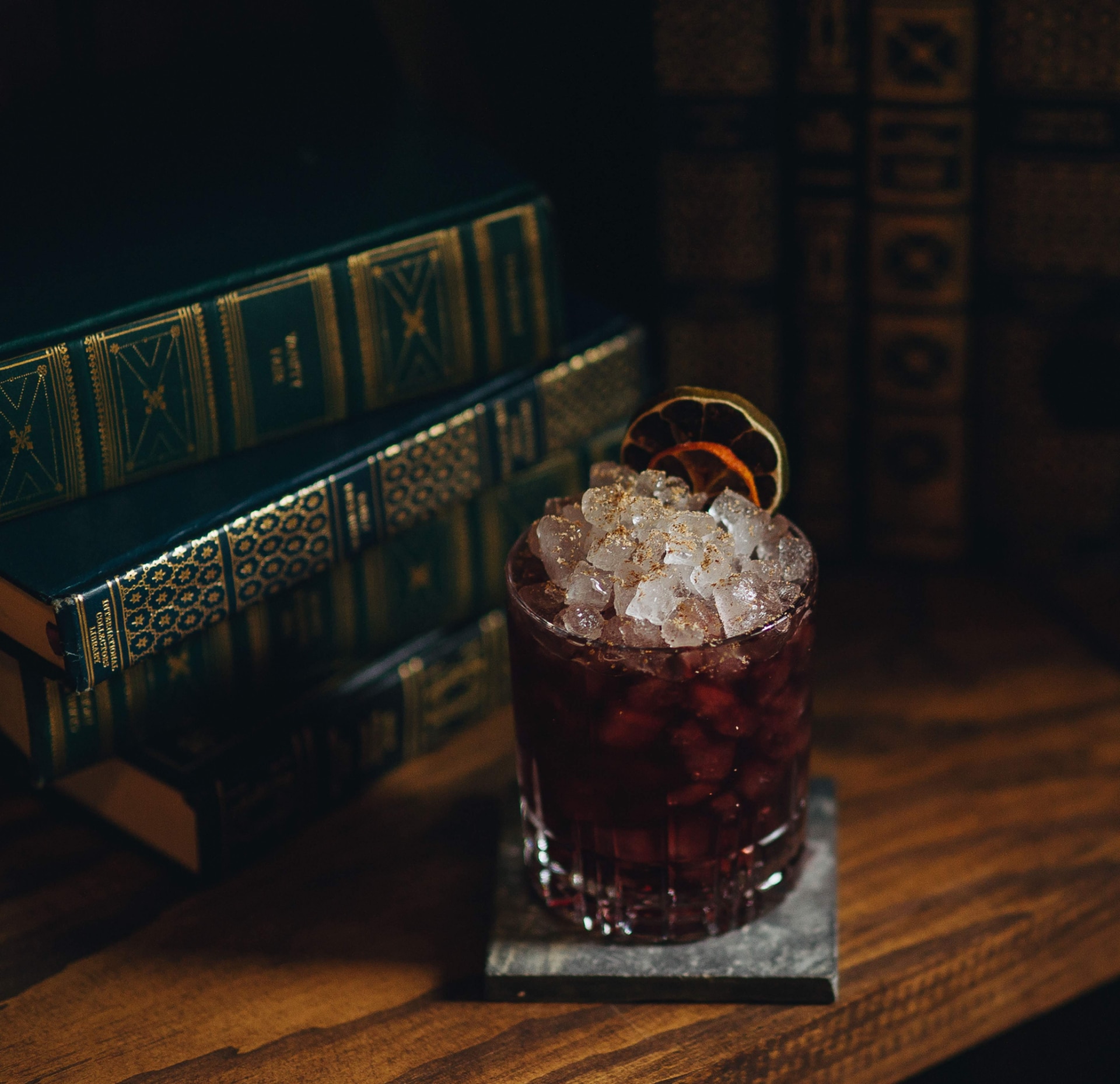
The averages retail business could bounce back in four weeks. But for us, consumer confidence is such a larger part of our business and our ability to operate. If half the country won’t take the vaccine, what does that mean for us? It took from May all the way ’til August or September for people to really start to see business come back and consumer confidence to resurge. Those were good months. It’s like losing weight, it takes six months to take off and three days to put it back on. It’s such a complex business. If people weren’t planning for this [next shutdown from the Governor], they’re going to go under in a few weeks.
On communicating more closely with staff:
We were talking to our staff on a weekly basis. We had a strategic meeting on Tuesdays and a tactical meeting on Fridays. Tuesday was all about: Where’s our labor compared to last week, what’s our average check, what’s doing well this week, what’s not selling and should we take it off the menu? The tactical meeting was all about: What’s the weather forecast, how are we going to motivate and engage our team, what are our guests telling us? Sharing that info with all of our managers on a daily basis meant they could see in real-time how everything is affecting the business. Then, they’re making the same decisions I’m making. That fueled us for the past eight months and got us to this place where we can hibernate for a few months. Our staff appreciated and agreed with that.
On the emotional hardships of all of these changes:
We are a family business, and my employees mean a lot to me. I can’t do what I love without them. They’re like family. I worry about the next few months for them. I’ll be honest, I’m not a very emotional person, I’m a little bit of a stoic, and I think that helps me in some ways. I put a lot of thought into what I’m doing. This is also a time that is usually so much fun. I’m a Christmas guy, through and through, and this holiday season just feels so empty. I think restaurants are part of the fabric of making these holidays so special. But my focus is always going forward, it’s never about what happened in the past, but only how it relates to how I can improve going forward.
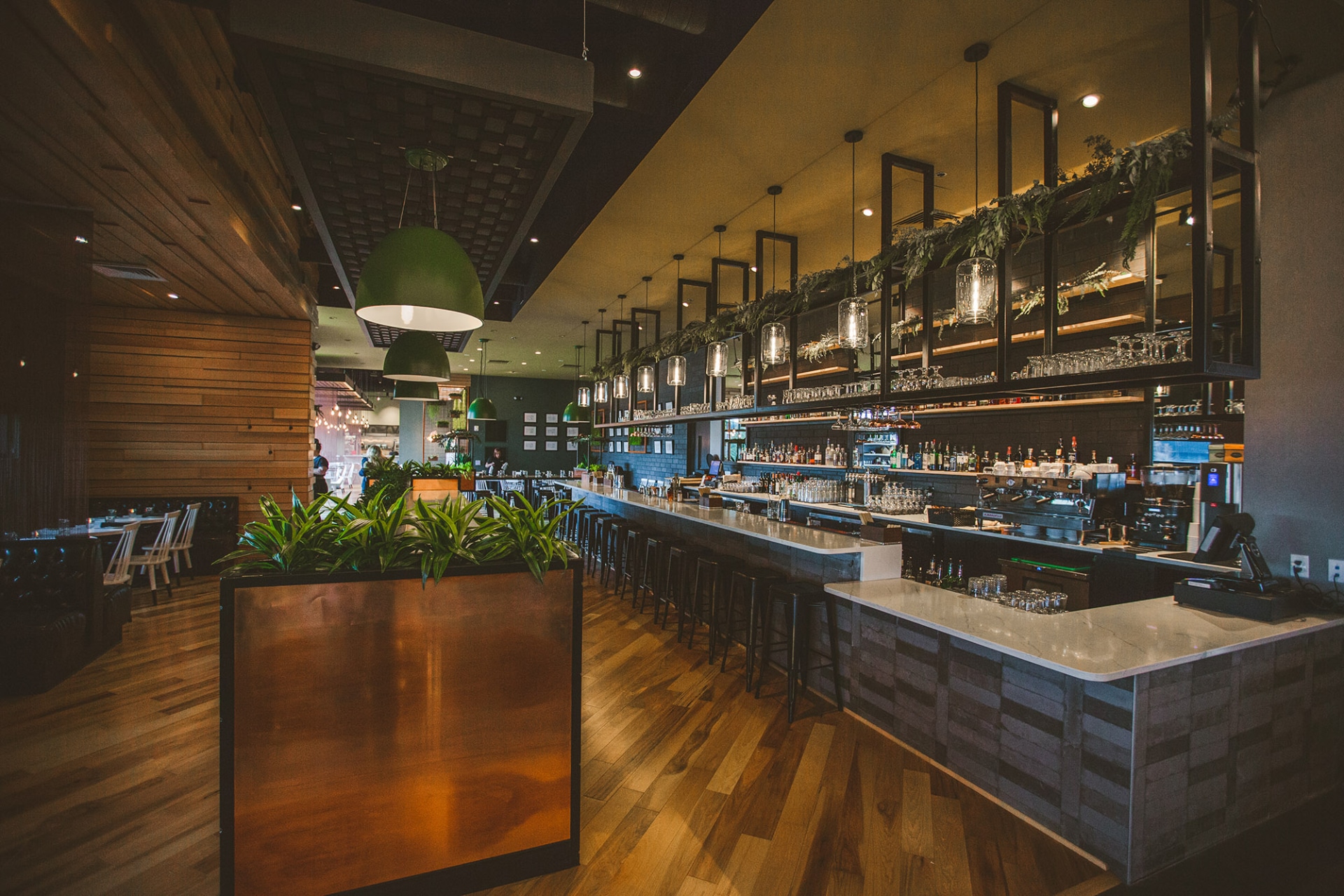
Find Annie Bailey’s Irish Public House at 28-30 E. King St. in Lancaster; (717) 393-4000; Conway Social Club at 28 E King St. in Lancaster; (717) 393-4446; Per Diem at 50 Rock Lititz Blvd. in Lititz; (717) 500-3436. Check out TFB Hospitality’s website for more info on its various projects and social media links.
For information and resources on COVID-19 relief for local restaurants, visit the Pennsylvania Restaurant and Lodging Association website. For updates or to contribute to a national campaign to save local restaurants, visit the website for the Independent Restaurant Coalition. To support the restaurants in your community during this incredibly difficult winter, order food and drinks to go (directly if possible and not through third-party apps), buy their merch and pick up gift cards!
- Feature photo : TFB Hospitality
- All other photos: Respective of the restaurants listed
